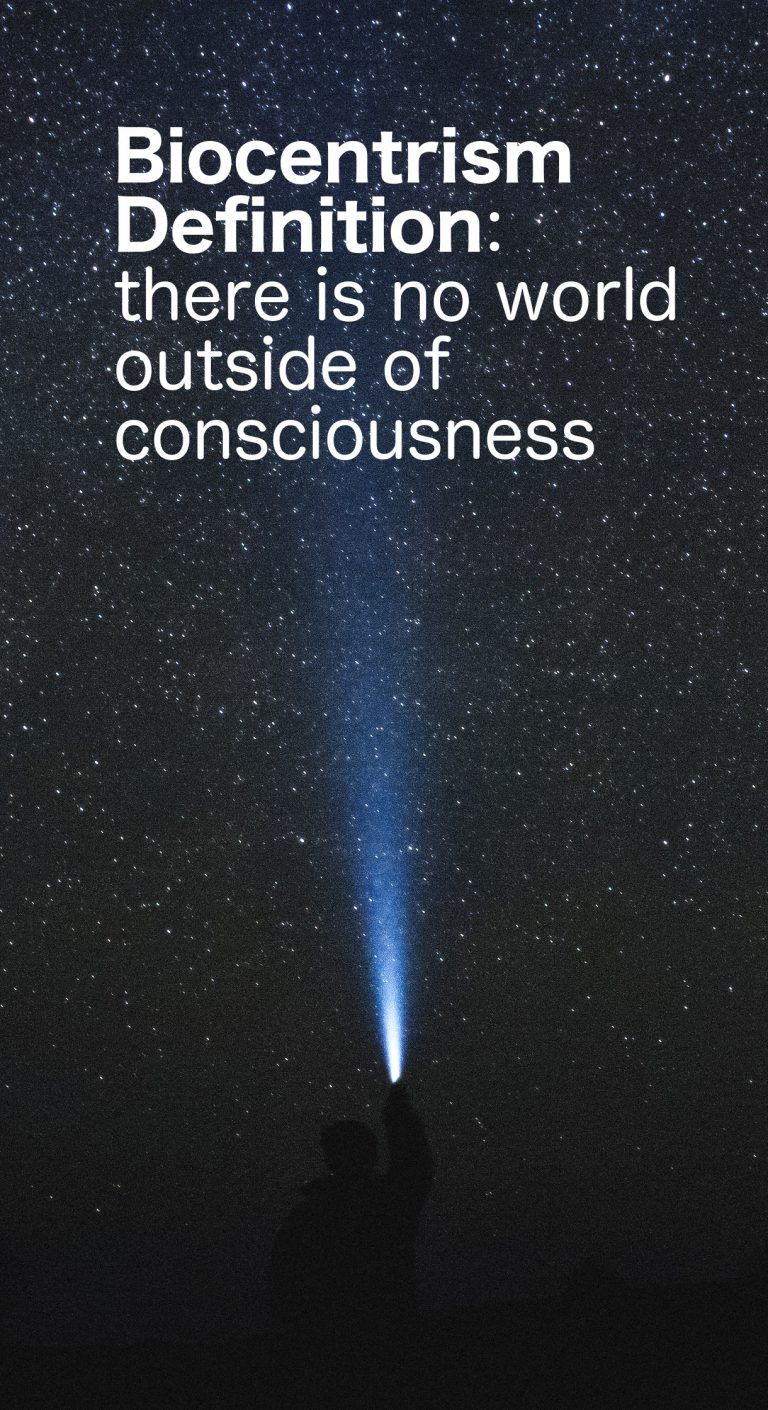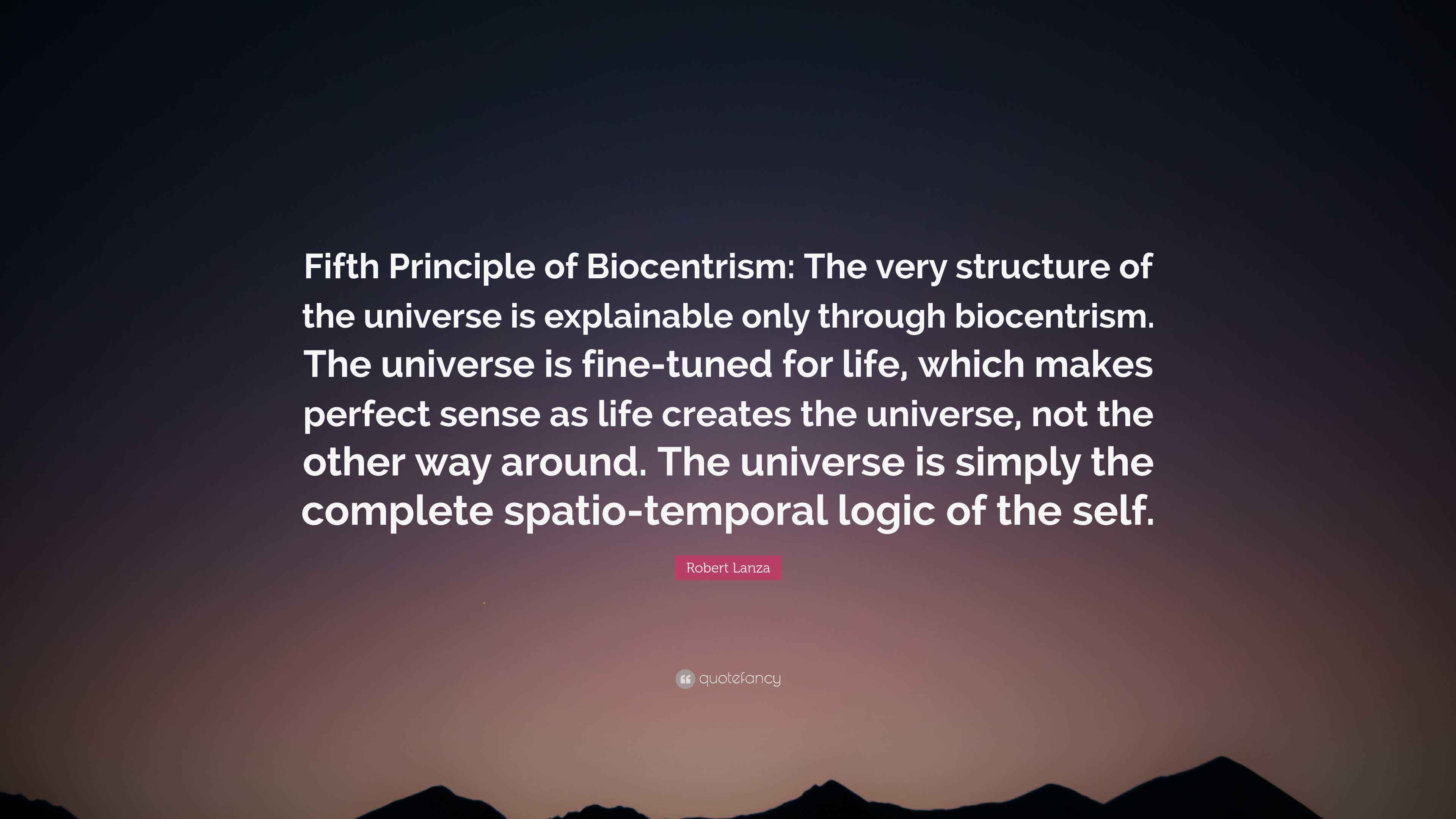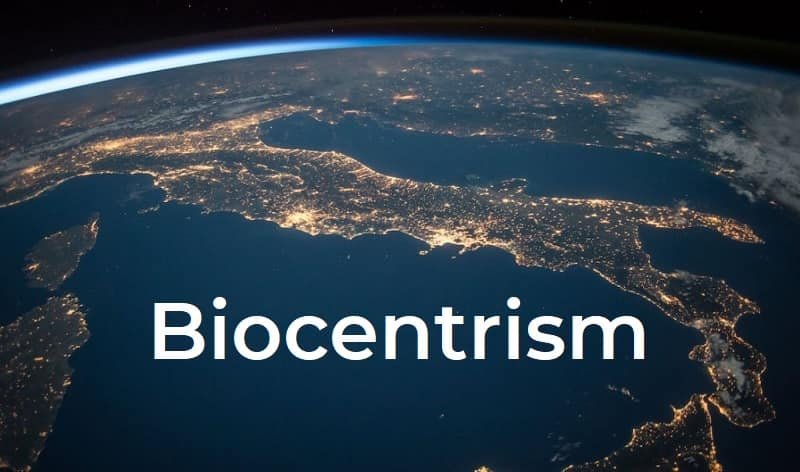
Life Goes On
- Will Williams
- Posts: 5537
- Joined: Sun Jul 28, 2013 9:22 am
Re: Life Goes On
Thank you, Douglas. I wish you could have met Joe Pryce. I've said that Joe was the second most intelligent man I'd ever met, behind the man Kevin described. He and his wife Patti were on our National Alliance staff in WV for a while in 1992-'93. Joe taught me so much during that time, working closely with him every day.Douglas Mercer wrote: ↑Thu Oct 24, 2024 10:16 pmDouglas Mercer
October 24 2024
William Pierce saw more deeply into the nature of life than any other thinker of modern times—Kevin Alfred Strom
[...]
Lebensphilosophie (German) meaning life philosophy was a dominant philosophical movement of German-speaking countries in the late 19th and early 20th centuries, which had developed out of German Romanticism. Lebensphilosophie emphasized the meaning, value and purpose of life as the foremost focus of philosophy. Its central theme was that an understanding of life can only be apprehended by life itself, and from within life itself. Lebensphilosophie criticized both mechanistic and materialist approaches to science and philosophy and as such has also been referred to as the German vitalist movement. Vitality in this sense is understood as part of a biocentric philosophical movement, biocentrism meaning: centered on life alone.
viewtopic.php?p=25774#p25774

An interesting Amazon review of Joe's book about Ludwig Klages, translating his work:
5.0 out of 5 stars "Life is not 'observed,' but it is felt with all of our darkest powers."
Reviewed in the United States on October 26, 2022
Verified Purchase
"Life is not 'observed,' but it is felt with all of our darkest powers. And we are only able to achieve access to this feeling of living actuality with complete certainty in our deepest inwardness; beyond that, nothing can be definitely asserted. Whether we judge, assert, will or wish, dream, or fantasize, each and every one of these activities is supported and penetrated by the self-same stream of elementary emotional life, which is incomparable, irreducible, and beyond the reach of rationalization or coercion, for we are apodictically certain that life can never, ever be 'grasped' (begriffen). And since we feel ourselves to be filled with this vitality, we therefore bring ourselves into that most intimate bond with the substance of life: the image of the world. Briefly put: we experience the personal and participate in the experience of a stranger" (95).
-- Ludwig Klages
Having just finished Biocentric Worldview, translated by Joseph D. Pyrce and published by Arktos in 2013, I was awed by Ludwig Klages' life-affirming vision. Klages was heavily influenced by the German Romanticists like Carl Gustav Carus and Goethe. In order to appreciate Klages' philosophy, one needs to understand the antagonistic relationship of spirit (Geist) and soul (Seele). Klages argues that conceptual/discursive/rational/purposeful thought, teleological notions of "progress", "commands", cold analytic quantification, and utilitarianism all constitute the spirit whereas the soul is defined by images, vitality, and authentic wonder in the landscape, poetry, and beauty; the soul's examples are gods, poets, and heroes (55). Furthermore, the spirit treats the world as mechanistic, "viewing the whole of nature entirely from the perspective of one who is only interested in rational, practical applications", whereas the soul "receives the world as 'images' as discrete, rhythmically pulsating intermittences" (64; 14). For example, Klages claims the Abrahamic notion that the world was created from a "commandment" is "logocentric", for it treats life as existing in a state of sin and in need of being renovated or "perfected"; the logocentrism inherent in spirit fundamentally weakens and erodes the soul, as evidenced by the destruction of primeval forests and biodiversity, mass migration and miscegenation, loss of communal ways of life and traditions, and estrangement from nature as a result of a "purpose" in rectifying the "the fall". The soul/life and spirit/apprehension are incommensurable entities that exist in conflict, and Klages goes as far as to state the spirit comes from "outside" of reality and its goal is to annihilate the soul. Note, he also claims the primal image of "soul" is "pure actuality" and can only be experienced and not conceived, and "the sea of the soul is at the point of contact of the inner and the outer world", which parallels Zen Buddhism in many ways (85). The soul is "primal actuality of life itself" where the meaning of the world reveals itself without the need for concepts or reflective/discursive thought. Klages is a hylozoist and praises the Pre-Socratics like Empedocles and German Romanticists, having a strong fondness for Goethe in particular. As Goethe said, 'The point of life is life itself', and as Klages argues, "The body is the phenomenal manifestation of the soul, just as the soul is the meaning of the living body" (120).
Klages argues the spirit reifies images into discrete manipulable, quantifiable "objects", which is an illusion (112). Moreover, spirit is focused on causes whereas soul on meaning (102). Also, Klages' view of "images as discrete, rhythmically pulsating intermittences" parallels Dogen's views regarding Uji (Being-Time) and even the "spasmodic gait" of Emily Dickinson's poetry.
Importantly, Klages encourage a "positive, caring attitude towards life" that naturally and spontaneously emerges without commandments, compulsion, or demand (54).
Klages argues the "soul" is "identical with the 'principal of life'... [and] cannot be divided into component parts any more than it can have received its nature from the addition of discrete components that can be assembled to form the whole" (103). Klages claims the spirit came from the outside of reality and fundamentally seeks to annihilate the soul....
If Whites insist on participating in "social media," do so on ours, not (((theirs))). Like us on WhiteBiocentrism.com; follow us on NationalVanguard.org. ᛉ
-
Douglas Mercer
- Posts: 10948
- Joined: Tue Mar 28, 2023 7:29 pm
Re: Life Goes On
Will Williams: thank you for this, it is very eloquent and powerful. I think this is almost all right except that it seems that Klages argues that the teleological notions of progress are false.
Teleological definition: relating to the doctrine of design and purpose in the material world.
This life force does have a goal and purpose, it is the creator's goal and purpose which is our goal and purpose: that we shall partake of the consciousness which created the world as a part of the creator's completion of itself.

Teleological definition: relating to the doctrine of design and purpose in the material world.
This life force does have a goal and purpose, it is the creator's goal and purpose which is our goal and purpose: that we shall partake of the consciousness which created the world as a part of the creator's completion of itself.





